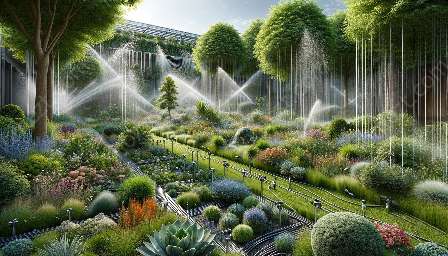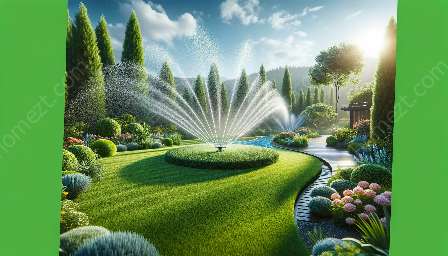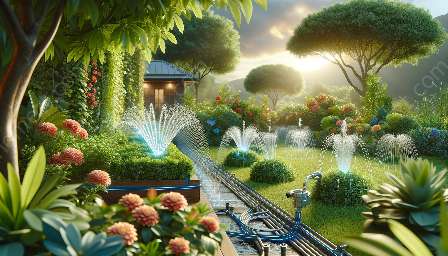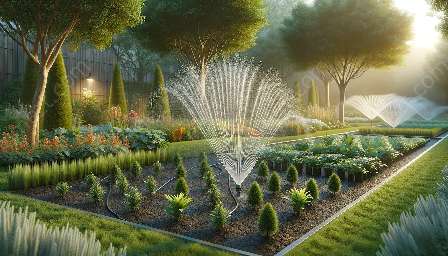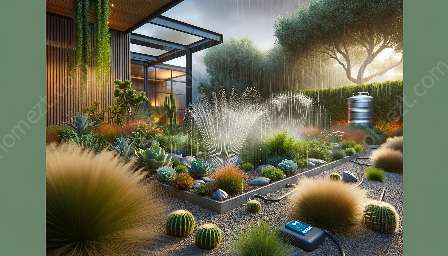Increasing environmental awareness and the necessity to conserve water resources have led to the development and implementation of innovative practices, such as using recycled water for watering techniques and gardening & landscaping. This sustainable approach not only helps in reducing water consumption but also contributes to environmental protection and the preservation of natural resources.
The Benefits of Using Recycled Water
One of the primary reasons for using recycled water is its positive impact on the environment. By reusing treated wastewater, we can significantly reduce the demand for freshwater sources, alleviate pressure on water reservoirs, and minimize the discharge of wastewater into natural water bodies.
Moreover, using recycled water in gardening and landscaping promotes soil health by maintaining moisture levels and providing essential nutrients, thereby supporting the growth of plants and sustaining a vibrant outdoor environment.
Watering Techniques with Recycled Water
When it comes to implementing recycled water for watering techniques, it's crucial to adhere to best practices to ensure optimal results and environmental safety. Drip irrigation, for instance, is an efficient method that delivers water directly to the plant roots, reducing evaporation and water waste. It is compatible with recycled water, making it an ideal choice for sustainable gardening.
Another technique is using soaker hoses, which also deliver water directly to the soil, preventing runoff and promoting water conservation. These watering methods, combined with the use of recycled water, contribute to efficient and effective irrigation practices.
Incorporating Recycled Water in Landscaping
Landscaping with recycled water offers opportunities for creating beautiful and sustainable outdoor spaces. Whether it's maintaining a lush garden or designing a water-efficient landscape, using recycled water fosters creativity and environmental stewardship.
Aquifer recharge and rainwater harvesting are complementary approaches that can enhance the sustainability of landscaping projects. By capturing rainwater and directing it to designated areas, such as gardens and green spaces, we can minimize the reliance on potable water and promote natural water cycles.
Implementing Best Practices
As with any sustainable initiative, it's essential to implement best practices when using recycled water for watering techniques and landscaping. Regular maintenance of irrigation systems, proper filtration, and periodic soil testing are integral to ensuring the efficiency and safety of recycled water applications.
Additionally, incorporating native and drought-resistant plants in landscaping designs further reduces the need for water, contributing to water conservation efforts and promoting biodiversity.
Conclusion
Using recycled water for watering techniques and gardening & landscaping represents a forward-thinking approach to sustainable water management. By embracing this eco-friendly practice, individuals and communities can play a significant role in conserving water, reducing environmental impact, and fostering the beauty and resilience of outdoor spaces.

